Roundup Top Ten for October 2, 2020
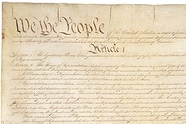
The Electoral Puntby Jonathan WilsonMany people imagine they understand the Framers' intent in creating the Electoral College. They impute more clarity of purpose than they should to a group who essentially made a slapdash compromise in order to be finished with the ordeal of drafting the Constitution. |
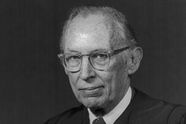
Is Amy Coney Barrett Joining a Supreme Court Built for the Wealthy?by Kim Phillips-FeinAmy Coney Barrett's judicial record indicates she would help the court move back to the Lochner era by crippling regulation and ruling against labor unions. |
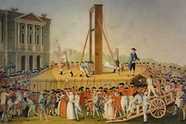
When the Privileged Don’t Pay their Fair Share in Taxes, it Can Spark Revolutionby Christine AdamsThe unfairness of the tax system, especially as the French government faced bankruptcy in the late 1780s, was one of the factors that triggered revolution in 1789. |
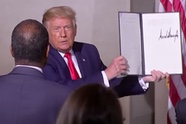
Trump is Afraid of Honest Historyby James GrossmanTrump's proposal for a "1776 Commission" suggests that history teachers should be cheerleaders, reducing the nation’s complex past to a simplistic and inaccurate narrative of unique virtue and perpetual progress. |

D.C. Statehood Is Good for the Democrats, Good for Democracyby George Derek Musgrove and Chris Myers AschDC statehood will secure the citizenship rights of the city's residents and begin to repair the crisis of legitimacy caused by the gross imbalance of political representation in the U.S. Senate. |
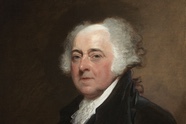
On the Peaceful Transfer of Power: Lessons from 1800by Sara GeorginiAdams lost the presidency amid violent factionalism, a seething press, rampant electioneering, and the eruption of party politics, yet became a champion for the peaceful transfer of power. |

How Trump Brought Home the Endless Warby Stephen WertheimThe Global War on Terror reconfigured American foreign policy around military force against abstract ideas and indeterminate enemies. The divisions of domestic politics set the stage for Donald Trump to move the war to the streets of the United States. |

The Supreme Court Used to be Openly Political. It Traded Partisanship for Powerby Rachel SheldenAmericans once assumed that the constitutionality of a given law was a matter to be settled through legislative politics and elections, and selected judges on a partisan basis. Today's court is no less political or ideological, but can exert more power because of its nominal freedom from partisan politics. |
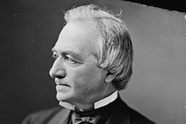
The Case to End the Supreme Court as We Know Itby Keeanga-Yamahtta TaylorThe Supreme Court has historically supported democratic and egalitarian change only when forced by social movements. People must stop looking to the power invested in the court and start looking for the power latent in themselves. |

Trump's 1776 Education Plan Part of a Decades-Long, Right-Wing Movement — But Scarierby Natalia Mehlman PetrzelaToday's battle over patriotic education doesn't just threaten a particular curriculum or course of social studies teaching, but is part of a broad attack on critical inquiry and public education. |